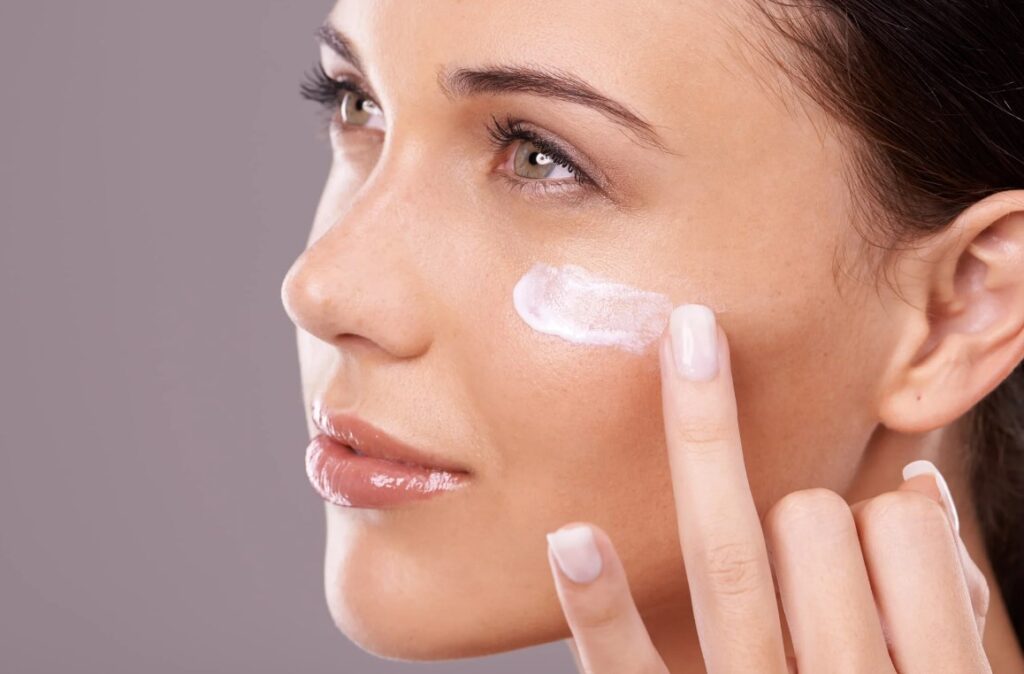How to Treat Melasma on Face Naturally: Top Tips for Clearer Skin
Before diving into treatments, it’s crucial to understand what melasma is and why it occurs. Melasma is a form of hyperpigmentation caused by an overproduction of melanin, the pigment that gives our skin, hair, and eyes their color.
Several factors can trigger this condition, including genetic predisposition, sun exposure, hormonal changes, and certain medications. Recognizing these triggers is the first step in managing melasma effectively.
The Power of Sun Protection

Sun exposure is a significant contributor to melasma, as UV rays can exacerbate pigment production. Thus, one of the most effective natural strategies is rigorous sun protection. This includes wearing a broad-spectrum sunscreen with at least SPF 30 daily, even on cloudy days or when indoors if near windows.
Additionally, physical barriers like wide-brimmed hats and UV-protective clothing can shield your skin from harmful rays, helping prevent the darkening of existing patches. Re(d)covery Plus Face Serum can also help.
The Role of Topical Treatments
Several natural topical treatments have shown promise in lightening melasma patches. These remedies work by inhibiting melanin production, promoting cell turnover, and providing antioxidant protection against environmental damage.
Aloe Vera
Aloe vera, known for its soothing and healing properties, also contains aloin, a natural depigmenting compound. Applying aloe vera gel directly to the affected areas can help lighten hyperpigmentation over time. For best results, use fresh aloe vera gel twice daily.
Vitamin C
Vitamin C is a potent antioxidant that plays a critical role in skin health. It helps inhibit the enzyme tyrosinase, which is involved in melanin production, thus reducing pigmentation.
Applying vitamin C serum to the face can not only help lighten melasma but also stimulate collagen production, improving skin texture.
Licorice Extract
Licorice extract contains active compounds like glabridin, which inhibit tyrosinase. Regular application of licorice extract can reduce melanin production, thereby lightening melasma patches. Look for skincare products containing licorice extract or apply a DIY licorice mask by mixing licorice powder with a carrier oil.
Dietary Changes for Skin Health

What you eat can also impact your skin. A diet rich in antioxidants can help protect the skin from damage and support the healing process. Foods high in vitamins C and E, selenium, and zinc can bolster your skin’s defense against UV damage and aid in the repair of damaged cells.
Incorporating colorful fruits and vegetables, nuts, seeds, and lean proteins into your diet can contribute to overall skin health and may help in managing melasma.
Stress Management and Hormonal Balance
Stress and hormonal imbalances are known triggers for melasma. Managing stress through mindfulness practices, yoga, or meditation can have a positive impact on your skin.
If you suspect hormonal imbalances are contributing to your melasma, consult with a healthcare provider. They may suggest lifestyle changes or natural supplements to help balance hormones.
Professional Consultation
While natural remedies can be effective, it’s essential to approach melasma treatment with patience and persistence. Results may take time, and what works for one person may not work for another.
If you’re not seeing the desired results with natural treatments, consider consulting a dermatologist. They can offer professional advice and may suggest treatments like chemical peels or laser therapy, which can be used in conjunction with natural remedies for better results.
FAQs

Can drinking more water help with melasma?
While staying hydrated is essential for overall skin health, there’s no direct evidence that drinking more water can reduce melasma. However, proper hydration can improve skin’s elasticity and overall appearance, which may indirectly benefit the condition by supporting skin health and function.
Is there a specific time of day when natural remedies should be applied for maximum effectiveness?
The effectiveness of natural remedies for melasma isn’t strictly tied to the time of day they’re applied. However, applying sunscreen in the morning and reapplying throughout the day is crucial for protection against UV radiation.
For topical treatments like aloe vera, vitamin C, or licorice extract, using them as part of your morning and nighttime skincare routine can maximize their benefits.
Can exercise have an impact on melasma?
Exercise itself doesn’t directly affect melasma, but it can improve circulation and promote overall skin health. Additionally, stress reduction through regular physical activity might indirectly benefit melasma by minimizing one of its potential triggers: stress. Just remember to apply sunscreen if exercising outdoors.
Are there any natural oral supplements recommended for treating melasma?
While no supplement can cure melasma, certain vitamins and minerals may support skin health and potentially reduce the appearance of pigmentation. Supplements rich in antioxidants, such as vitamin C, vitamin E, and polyphenols, can help protect the skin from oxidative stress.
Omega-3 fatty acids, found in fish oil, can also support skin health. Always consult a healthcare provider before starting any new supplement regimen.
How long does it typically take to see results from natural melasma treatments?
The time it takes to see results from natural treatments can vary widely depending on the individual’s skin type, the severity of the melasma, and consistency in applying the remedies. Some may notice improvements within a few weeks, while for others, it may take several months to see a significant change. Patience and consistency are key when using natural treatments.
Can changing my skincare routine worsen melasma?
Yes, certain skincare products or routines can exacerbate melasma. Products with harsh chemicals, fragrances, or certain oils may irritate the skin and potentially worsen pigmentation.
It’s essential to choose gentle, non-comedogenic products and to avoid excessive exfoliation, which can inflame the skin and trigger an increase in melanin production. Always introduce new products gradually and monitor your skin’s response.
Final Thoughts

Treating melasma naturally requires a multifaceted approach that includes sun protection, topical treatments, dietary changes, and stress management.
The triggers and mechanisms behind melasma, you can tailor a treatment plan that suits your skin type and lifestyle. Remember, natural treatments demand consistency and patience, but with time, they can significantly improve the appearance of melasma, leading to clearer, more radiant skin.

